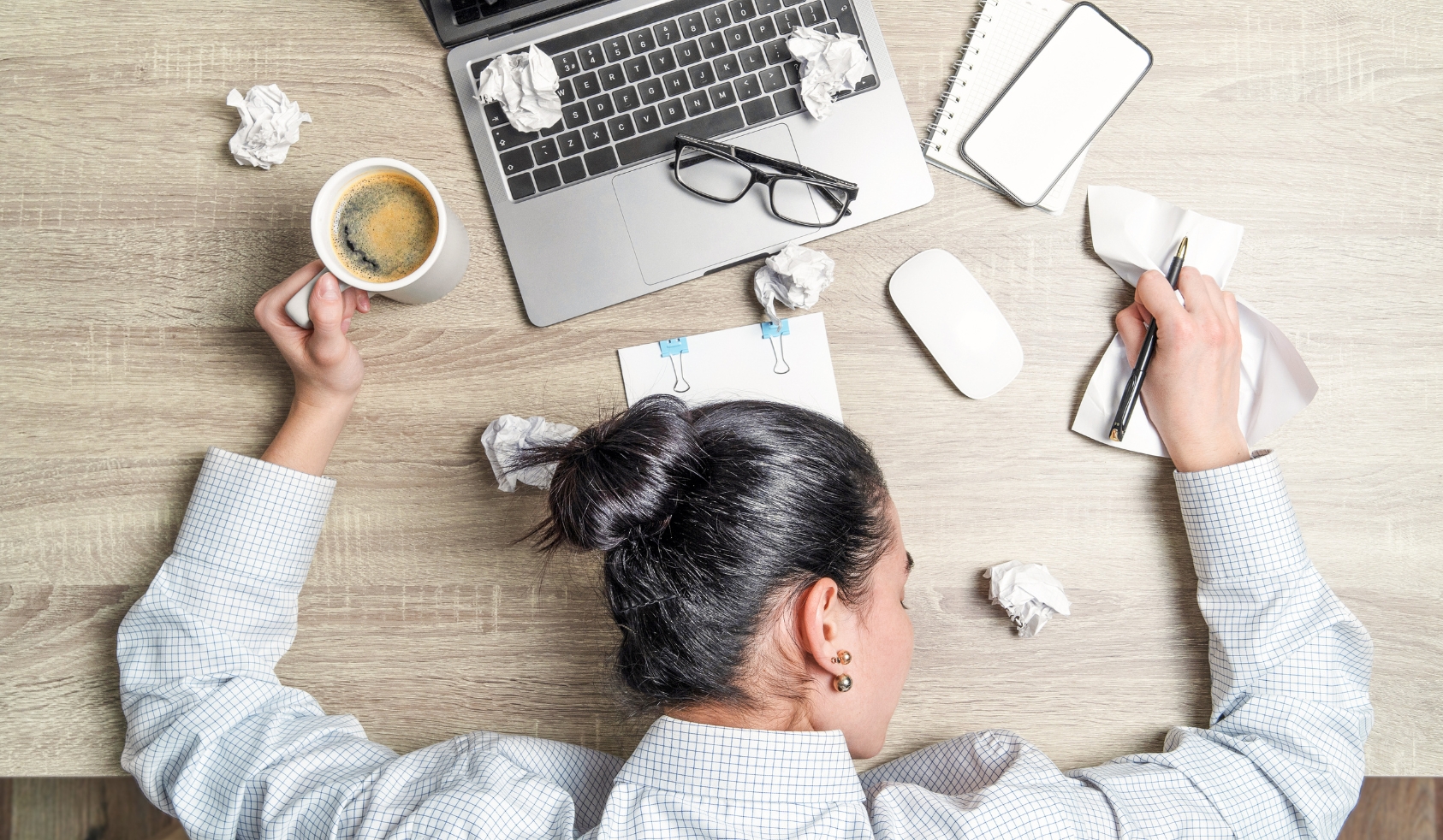
Why should you pay attention to hydration in the summer? How much water is enough for me daily?
Water becomes the most important element for maintaining health and well-being in the summer.
Summer is officially here along with tropical heat waves. Everywhere we hear about the need for a "sufficient" drinking regimen, but let's admit, many of us neglect it. When we feel thirsty, we often reach for sugary drinks or even alcoholic cocktails. However, this is really not the right choice on hot days.
We should mainly drink plain water, without bubbles, or a light hypotonic drink enriched with minerals that we naturally lose through sweating. When the body is low on water, a person feels bad, weak, or may have a headache. If you ignore the body's need for water, more serious problems will arise: the kidneys stop functioning properly, the blood becomes thicker, which results in an increased heart rate and increased strain on the body.
Due to sweating, breathing, and other physiological processes, people lose a large amount of water. Along with water, trace elements and salts are also lost from the body, which adversely affects metabolic, cellular, and immune processes.
Who should pay attention to their drinking regimen?
Everyone, without a doubt. Indicators of the norm for water consumption for different age categories range from 1-2.5 liters per day. For those who have trouble maintaining a drinking regimen, we offer balanced products that sufficiently rehydrate the body and, thanks to their great taste, make it easier to stick to a drinking regimen.
Beware of babies and preschoolers. When spending time in the sun and heat (even if you're by the water), it's necessary to constantly remind them about their drinking regimen. Younger schoolchildren and teenagers are usually very active and sweat a lot while playing or engaging in sports. Since sweating leads to significant water loss, it needs to be replenished constantly. Adults, especially those who are physically active, need enough water because other fluids (coffee, alcohol, juice) do not meet the needs of body cells. Pregnancy also increases the need for fluids, as a woman's body produces more blood and nutrients to support the growth of the fetus. Dehydration can lead to health problems for both the expectant mother and her baby. Older people should pay increased attention to their daily fluid intake. Dehydration can cause fainting, weakness, blood pressure issues, and kidney problems. You can replenish your body's water supplies in various ways—water, unsweetened teas, juicy fruits, juices, as well as special drinks enriched with useful trace elements. The ideal approach is a combination of all these options.
What is Rehydro by Adelle Davis?
ReHydro is an ideal drinking regimen, as its name suggests, and is a product designed for convenient replenishment of fluids, minerals, and vitamins that your body loses through sweating on a hot day or during exertion. It is lactose-free, gluten-free, and GMO-free, making it suitable for people with various dietary intolerances. It dissolves excellently in water and can be served as a refreshing summer lemonade with fruit, mint, and ice.
ReHydro by Adelle Davis is intended for everyone, has a great taste, and offers excellent refreshment in hot weather. It is an excellent helper for those who are overloaded during the day or regularly engage in sports.
Adequate hydration should be maintained at every age. Keeping a drinking regimen should become a good habit not only in summer!

